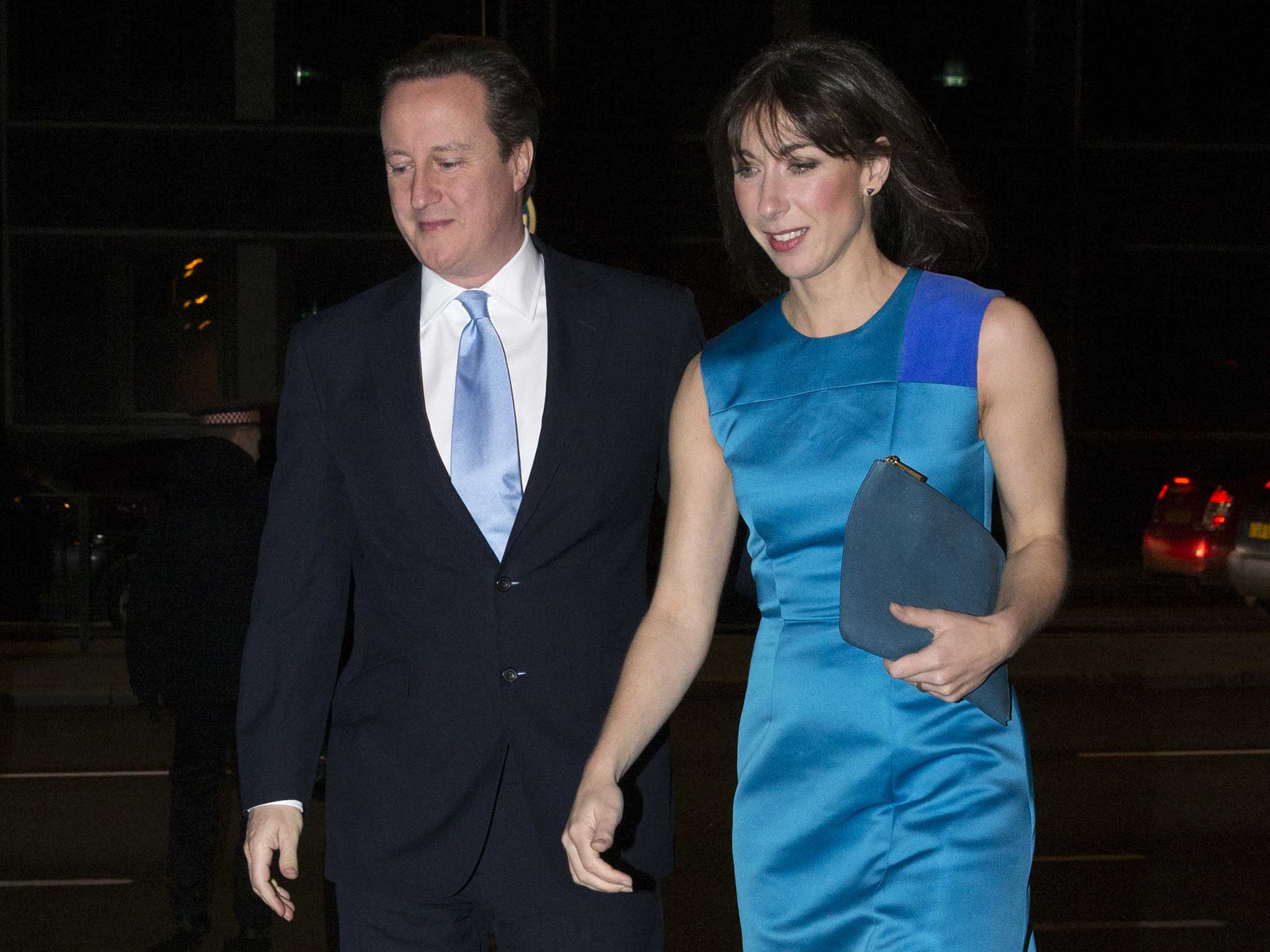For just 50p we can rebuild a little confidence in the political system
State-funded politics might be controversial, but it would help put an end to political parties selling out


Do you know that some people will pay £12,000 just to have dinner with Eric Pickles? Of course, it’s not quite as simple as that. There’s the toothsome smoked trout starter, followed by pan-fried guinea fowl and rhubarb and elderflower tart for pudding to consider.
There’s also the opportunity to buy a bust of David Cameron in an auction. You may even get the chance to shake hands with Boris Johnson, but you had better get in the queue: there are people much richer, and with bigger yachts, in front of you. And there, in the distance, is the Prime Minister himself, chatting across the table with a Slovenian multi-millionaire who made much of his cash from privatising utilities in his native land.
This was the scene at last summer’s Conservative fundraiser, and, yes, this is how politics works in Britain. You gather a room full of hedge funders and oligarchs, trust-fund babies and self-made millionaires, you give them access to (but strictly no influence over) cabinet ministers and you separate them from their loot to pay for your political activities. Is it any surprise that public faith in politicians is at an historic low when our major parties are so reliant on wealthy donors?
And do you know how much it would cost to stop this fandango, to end the practice of the Tories having to sell themselves over a three-course dinner, to call a halt to trade unions bankrolling the Labour Party? It would cost every British taxpayer the princely sum of 50p a year. That’s right, a quarter of the price of one lottery ticket to rebuild a little confidence in the political process.
There’s nothing wrong with individual donations, but they should be capped, and all fund-raising should be transparent. Less than three years ago, the parliamentary committee on standards in public life published a report on the state funding of political parties. Sir Christopher Kelly, chairman of the committee, said that politics would continue to be riven with scandal and suspicion unless radical changes in funding were embraced.
I understand that, to many people, state funding of politics is anathema: it’s bad enough we are forced to pay for the BBC, I don’t want my money going to those two-house-owning, expenses-fiddling wastrels, too. Also, it may not sit well with the every-man-for-himself culture which pervades our business and social life.
Sir Christopher’s proposals – parties to get £3 per vote, a £10,000 annual cap on donations, a requirement for union members to state in writing they wished a part of their dues to go to the Labour Party, and a reduction in campaign spending – seemed reasonable to me. And he worked out it would cost every taxpayer 50p. It was unanimously rejected on all sides of the House, because it was thought untenable in a climate of austerity.
But aren’t we now in the land of plenty? David Cameron is not a natural proponent of more state involvement in the life of the individual, but there may come a time when he thinks it’s better than opening the papers and seeing pictures of him and his Government chums alongside Eastern European plutocrats, billionaire bankers and Peter Stringfellow.




Join our commenting forum
Join thought-provoking conversations, follow other Independent readers and see their replies